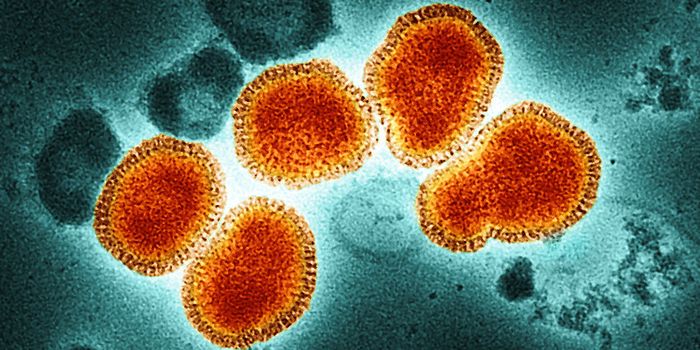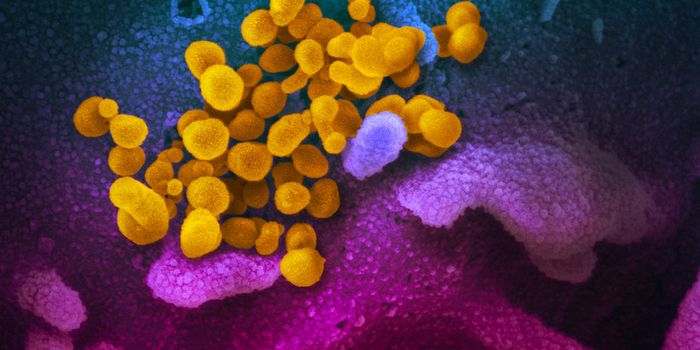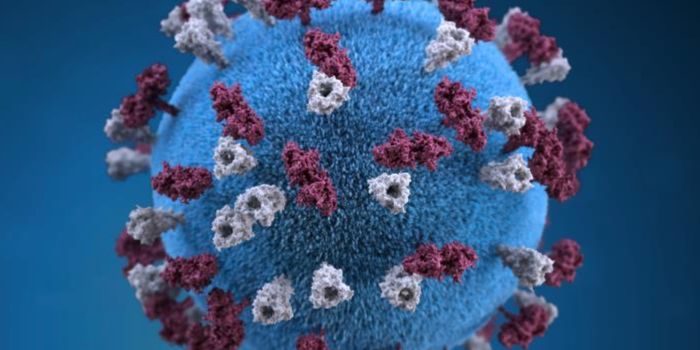Some Viruses Can Significantly Raise Heart Disease Risk
Scientists have recently conducted a meta-analysis of over 150 research studies, and determined that infections with viruses like influenza, hepatitis C, herpes zoster (shingles), and SARS-CoV-2 (the cause of COVID-19) lead to a dramatic increase in the risk of heart attack and stroke in the weeks after infection. Viruses that can remain in the body to cause chronic disease, such as HIV can raise heart disease risk over the long-term as well. These findings have been reported in the Journal of the American Heart Association.
In this work, the investigators conducted a systematic literature review to look for links between the risk of a heart attack and stroke after any viral infection.
"It is well recognized that human papillomavirus (HPV), hepatitis B virus, and other viruses can cause cancer; however, the link between viral infections and other non-communicable diseases, such as cardiovascular disease, is less well understood," said corresponding study author Kosuke Kawai, ScD, of the University of California Los Angeles (UCLA).
The study revealed that flu is linked to a four times greater risk of heart attack, and a five times greater risk of stroke in the first month after an infection. Hepatitis C was also associated with an increase in the risk of coronary heart disease (CHD).
There was a consistent increase in the risk of stroke and CHD due to HIV infection, as well as smaller increases in the risk of stroke and CHD after a shingles infection.
The study authors suggested that since viral infections cause the release of inflammatory molecules as part of the immune response, this could be raising the risk of blood clots. That, in turn, may then raise the risk of problems like CHD, heart attack, and stroke.
They also found that vaccines can reduce these risks to the heart.
"The elevated risks for cardiovascular disease risks are lower for HIV, hepatitis C, and herpes zoster than the heightened short-term risk following influenza and COVID," noted Kawai. "However, the risks associated with those three viruses are still clinically relevant, especially because they persist for a long period of time."
And since shingles impacts so many people–an estimated one in three–only a small increase in the risk of heart problems can lead to many cases of cardiovascular disease, added Kawai.
The researchers also added that preventive measures should be applied, and that vaccines can help reduce the risk of heart problems due to viral infection.









